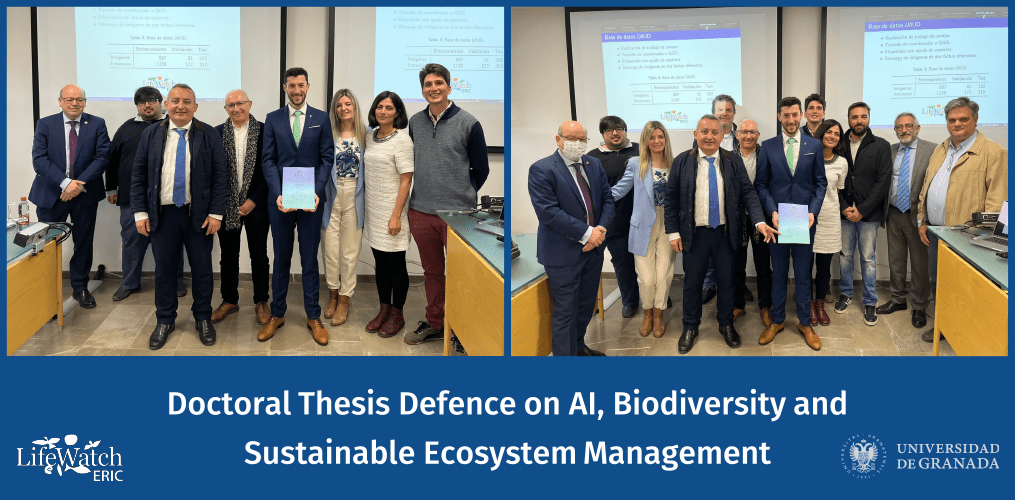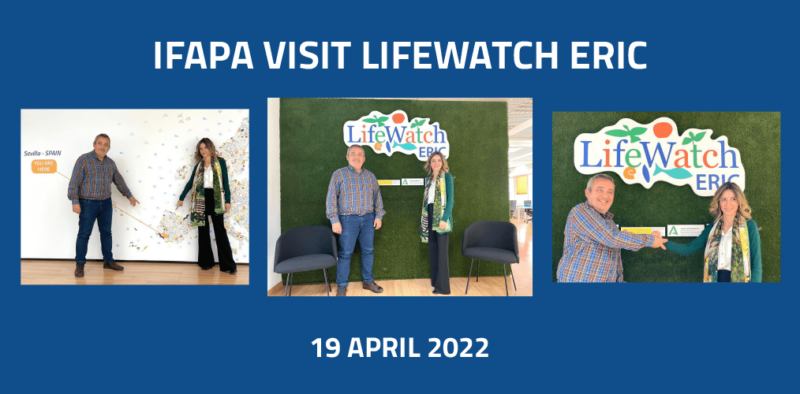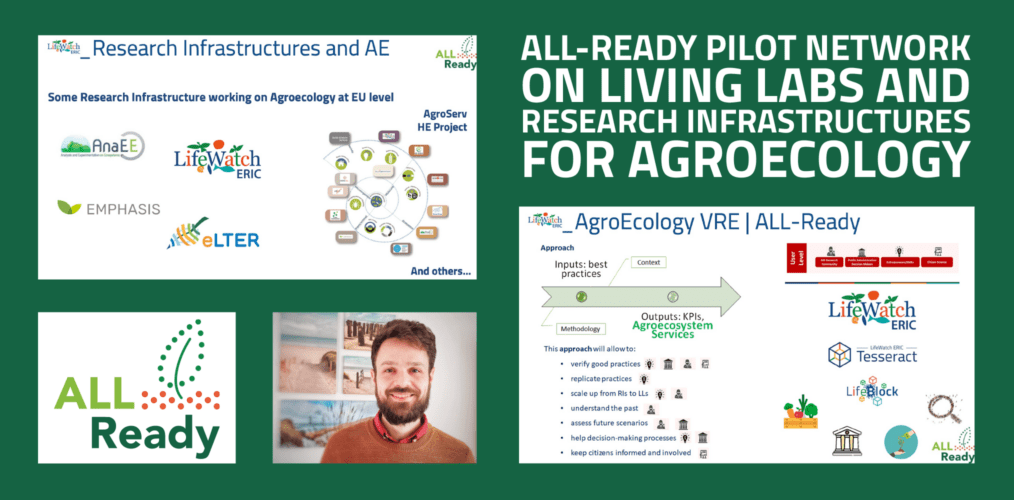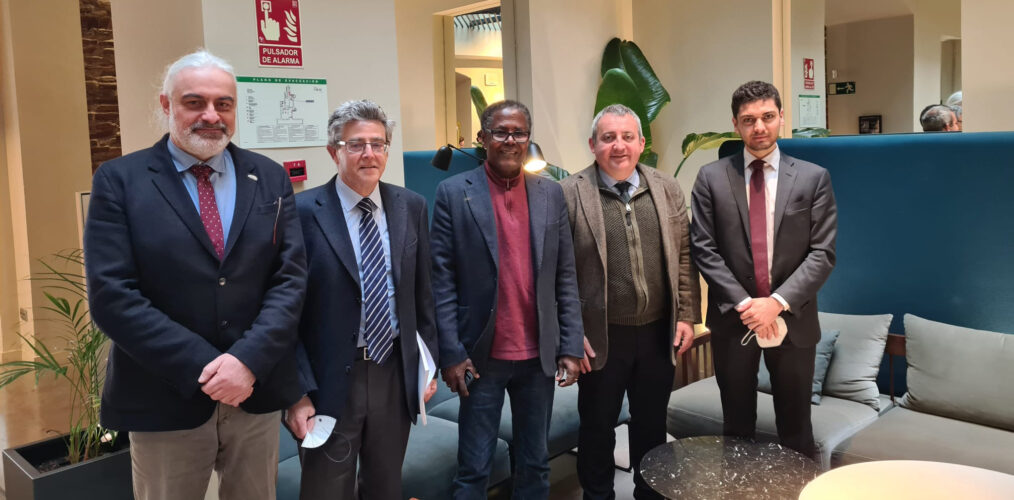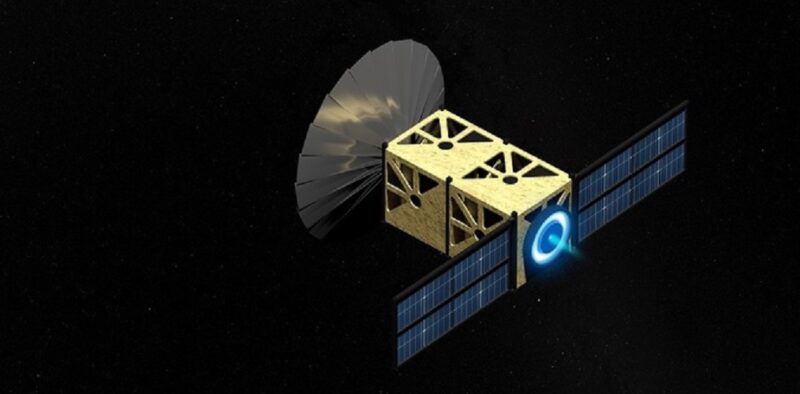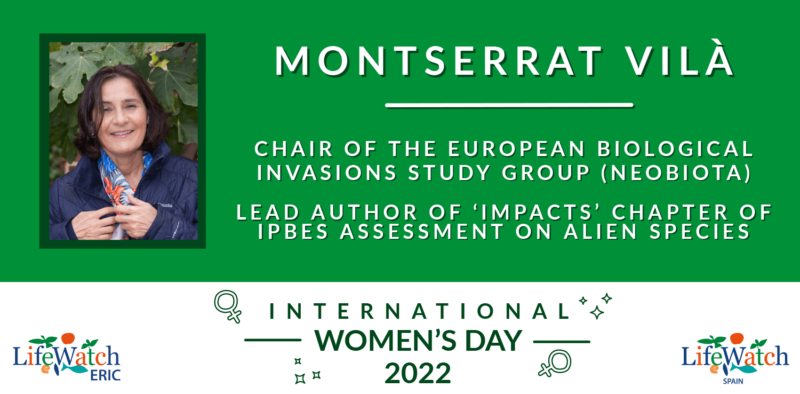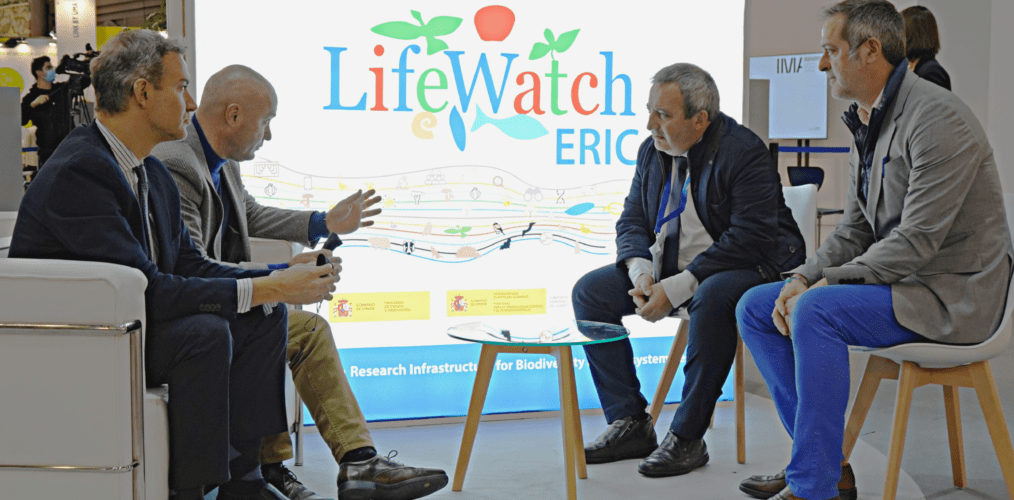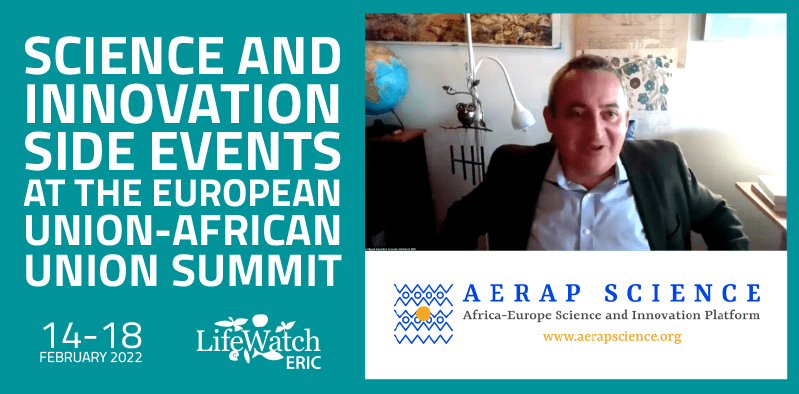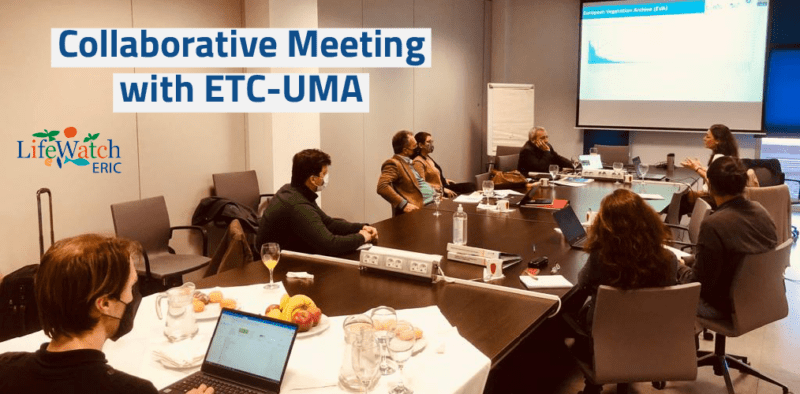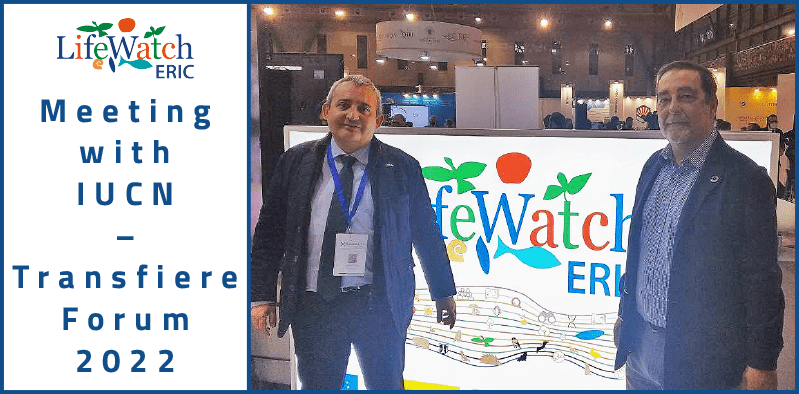On 27 April 2022, a presentation of a doctoral thesis by doctoral candidate Francisco Pérez-Hernández, entitled “Pre- and Post-Processing Strategies in Deep Learning for Multi-class Problems in the Field of Security and Biodiversity” took place at the “Escuela Técnica Superior de Ingeniería Informática” (ETSII) of the University of Granada. This thesis is one of the results of the Thematic Centre on Artificial Intelligence (AI) and Deep Learning, and High Mountains Ecosystems, under the umbrella of the so-called LifeWatch ERIC SMART ECOMOUNTAINS Andalusia ERDF project, hosted by the University of Granada as one of the distributed facilities engaging with LifeWatch ERIC.
This is an outstanding milestone in the application of state-of-art AI and Deep Learning techniques in, e.g., advanced satellite image processing for the study of biodiversity and ecosystems, to be made available to the scientific community and environmental decision makers in the form of a LifeWatch ERIC Virtual Research Environment.
Among those attending the defence were the doctoral tutors, supervisors and member of the evaluation committee: Juan Miguel González-Aranda, LifeWatch ERIC CTO, Enrique Herrera Viedma, Vice-Rector for Research and Transfer of the University of Granada; Siham Tabik, Professor of the Department of Computer Science and Artificial Intelligence; Francisco Herrera Triguero, Professor at the Department of Computer Science and Artificial Intelligence at the University of Granada; Domingo Alcaraz Segura Professor at the University of Granada; Juan Mario Haut Hurtado, Professor at the University of Extremadura, and Gloria Ortega López, Professor at the University of Almería.
